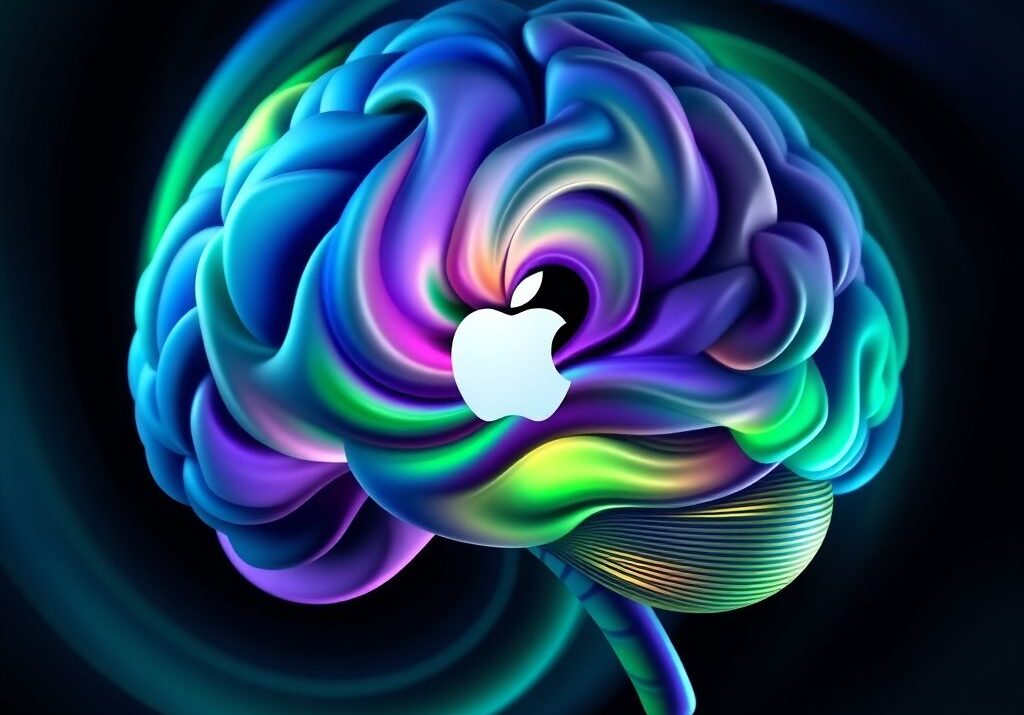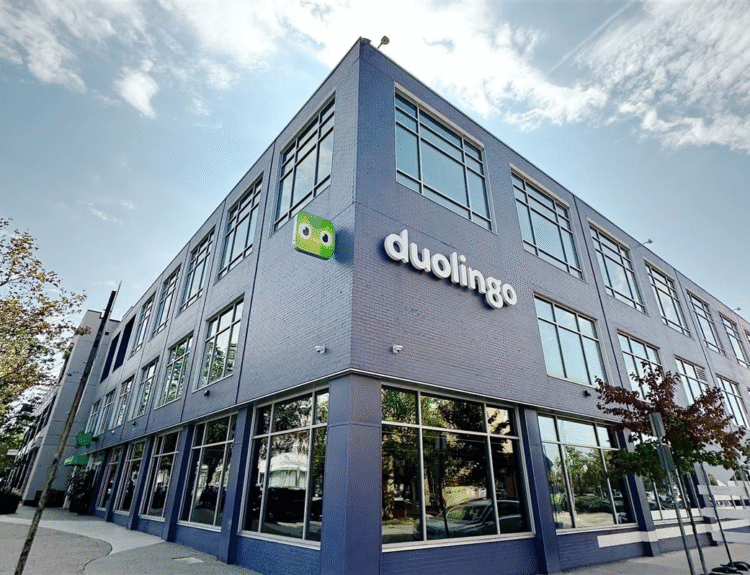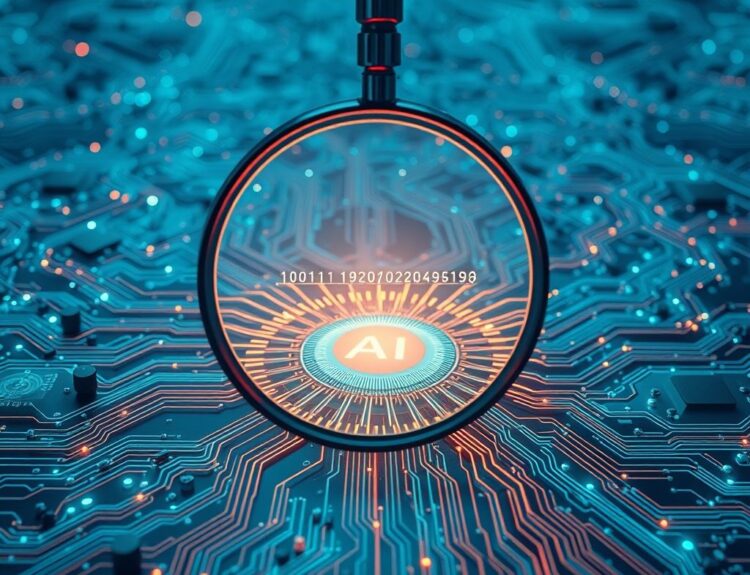So, I stumbled across something super interesting the other day from VentureBeat about Apple’s research and whether AI models are actually reasoning or just mimicking it. It got me thinking – are we giving these algorithms too much credit?
The article, titled “Do Reasoning Models Really ‘Think’ or Not? Apple Research Sparks Lively Debate, Response,” basically highlights how easily these models can be fooled by cleverly designed tests. Turns out, what we might interpret as “reasoning” could just be the AI exploiting flaws in the way we’re evaluating it. Think of it like teaching a parrot to say something – it sounds like it understands, but does it really get the meaning?
It’s a complex question, and honestly, I’m not sure there’s a simple answer. The article really hammered home the importance of rigorous testing before we start declaring AI as the next Einstein (or fearing it as the next Terminator!). It’s easy to get caught up in the excitement, but we need to step back and ask if our tests are actually measuring what we think they are.
We already know that AI models are often trained on massive datasets, learning to identify patterns and correlations that might not reflect true understanding. For example, a 2023 study by Stanford University showed that large language models can perform well on certain reasoning tasks but fail spectacularly when presented with slightly different scenarios, revealing a lack of genuine comprehension. (Source: https://hai.stanford.edu/news/new-stanford-study-shows-limits-large-language-models)
And it’s not just about the tests being flawed. As Cathy O’Neil pointed out in her book Weapons of Math Destruction, algorithms are built on data, and data reflects existing biases. This means our “reasoning” models could be perpetuating and amplifying societal inequalities.
The article definitely served as a good reminder that we need to be critical of the claims being made about AI. It’s not enough to just see impressive results; we need to understand how the AI is achieving those results and whether it truly understands the underlying concepts.
Here’s what I took away from the whole thing:
Key Takeaways:
- Don’t jump the gun: Before celebrating an AI breakthrough, make sure the evaluation methods are solid. The Apple research really underlined this.
- “Reasoning” is complex: What we perceive as reasoning might just be the AI finding patterns and exploiting test weaknesses.
- Data is key (and potentially biased): AI models are only as good as the data they’re trained on. Biased data leads to biased “reasoning”.
- Context matters: An AI that excels in one area might completely fail in another. We need to understand the limitations of each model.
- Keep asking questions: The AI field is moving fast, so we need to remain skeptical and keep challenging the claims being made.
FAQ: Thinking Critically About AI “Reasoning”
- What does it mean for an AI to “reason”? Reasoning involves understanding concepts, drawing inferences, and solving problems in a logical way.
- How are AI models tested for reasoning abilities? Tests often involve tasks like answering questions, solving puzzles, and making predictions.
- What are the limitations of current AI reasoning tests? Current tests can be easily “gamed” by AI models that exploit patterns without true understanding.
- Can AI models truly understand the world like humans do? Most experts agree that current AI models lack the common sense and real-world understanding of humans.
- What is the role of data in AI reasoning? Data is crucial for training AI models, but biased data can lead to flawed reasoning.
- How can we improve AI reasoning tests? We need to develop more challenging and comprehensive tests that assess true understanding.
- What are the ethical implications of flawed AI reasoning? Flawed AI reasoning can lead to biased decisions with harmful consequences.
- Is it possible for AI to ever truly “think”? This is a philosophical question with no easy answer, but many believe that AI can achieve some level of reasoning.
- What should be our attitude toward AI “reasoning” claims? We should be skeptical and demand rigorous evidence before accepting claims of AI reasoning.
- What is the biggest challenge in developing truly reasoning AI? Teaching AI common sense knowledge and the ability to understand the world like humans do.






